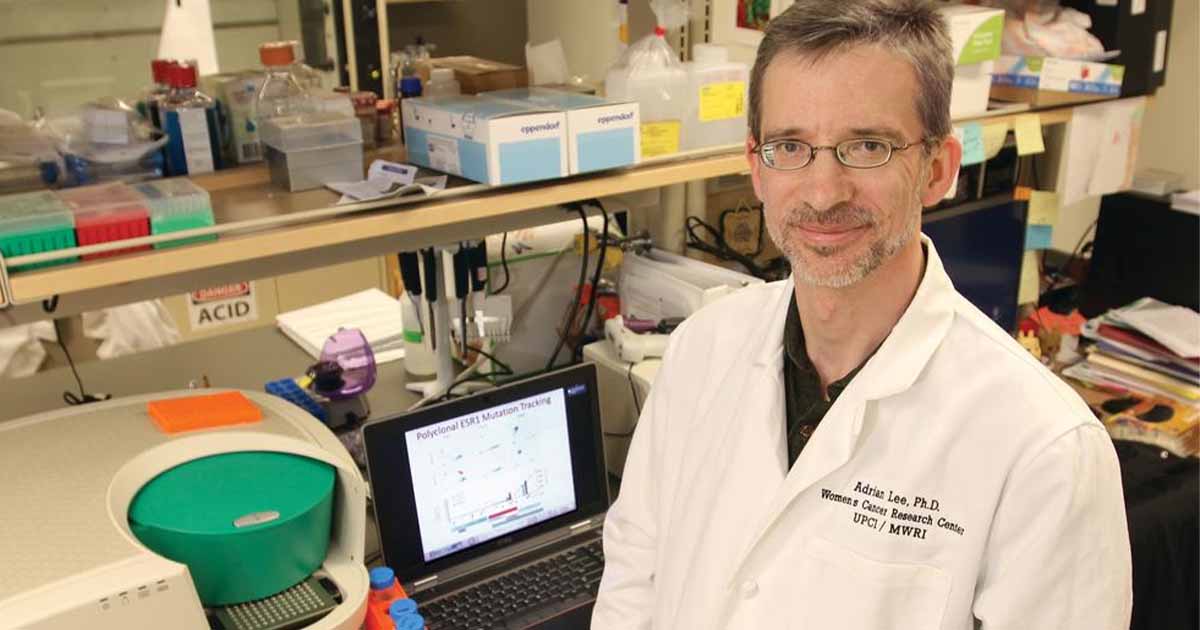Wouldn't it be nice if social media could help reduce the burden of chronic disease on the U.S. healthcare system?
Indeed, and glimpses of its potential are starting to appear. But before that can happen, there are a number of obstacles to overcome.
Take the digital divide among elderly and minority populations, for instance. Or privacy and HIPAA compliance concerns. In both cases, a balance between transparency and anonymity must be struck, according to a new eHealth Initiative (eHI) report. Add to that list the quality, validity, and authenticity of information online.
Despite these problems, the researchers found that social media empowers users and motivates them to actively take personal responsibility for their health behavior. Social media platforms also provide a unique network of support, motivation, and education to help fight disease.
"As social media practices continue to mature, they will support patient-centered care by redefining communication among peers, patients, and health providers,” said Jennifer Covich Bordenick, CEO of eHI, in a news release.
Today, more than 133 million Americans have one or more chronic conditions, contributing to approximately 75 percent of overall healthcare spending. Chronic disease is not only the most costly and common health problem, it is also the most preventable; many conditions are caused or exacerbated by behavioral risk factors and unhealthy lifestyle choices that can be modified, explained the report’s authors.
Researchers said they conducted a literature review and environmental scan of the field, including case studies and interviews with key organizations and experts for the report, which was sponsored by the California HealthCare Foundation.
“While we may still be in the early stages of adoption and use,” Bordenick said, “it is clear from this research that stakeholders must work together to address challenges such as misinformation, and harness the incredible potential of social media.”
See also:
5 cloud lessons learned by federal agencies
Social media holds big potential for public health
3 ways social media is transforming the doctor-patient relationship


